Google’s Play Store dominance might end as Chinese manufacturers unite powers
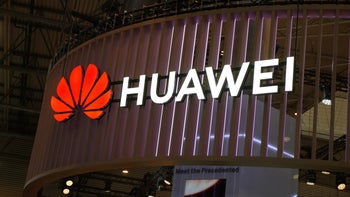
Most Android users assume that Google’s Play Store is an inseparable part of the operating system. And why wouldn’t they? It’s always there unless you’ve bought your phone in China. Soon, that might not be the case.
The truth is, that the Play Store ecosystem is an extra that companies pay for to have on their devices because it’s the gateway to all the apps their users want and need. But as the US ban on Huawei revealed, that privilege can be taken away, leaving manufacturers in a very uncomfortable position.
That’s why the latest revelations by Reuters don’t come as a huge surprise. According to its sources, Huawei, Xiaomi, Oppo and Vivo have formed a new organization called the Global Developer Service Alliance. The goal of the GDSA is to develop and support a new platform for the distribution of mobile apps outside of China. In simpler words: to create a Play Store competitor.
Together, the four companies are responsible for more than a third of the global smartphone shipments last year, selling hundreds of millions of devices.
Google has famously refused to reduce the 30% cut it’s getting from developers. If the new platform comes out with 20% or even 15% cut instead, that would be a huge incentive for companies to port their apps.
The Alliance is currently working towards a March release of its platform, which will initially target some Asian and European markets.
Having four companies cooperate on software while being fierce competitors on the hardware market is a tall order, but if this new app store succeeds, it will have major consequences for the Android ecosystem. By the end of the year, the smartphone software landscape could be very different.
The truth is, that the Play Store ecosystem is an extra that companies pay for to have on their devices because it’s the gateway to all the apps their users want and need. But as the US ban on Huawei revealed, that privilege can be taken away, leaving manufacturers in a very uncomfortable position.
Together, the four companies are responsible for more than a third of the global smartphone shipments last year, selling hundreds of millions of devices.
But for that initiative to be successful, the manufacturers have to not only swap one app market for another but also get all the important software developers on board. One way to do that is by offering them better terms.
Google has famously refused to reduce the 30% cut it’s getting from developers. If the new platform comes out with 20% or even 15% cut instead, that would be a huge incentive for companies to port their apps.
The Alliance is currently working towards a March release of its platform, which will initially target some Asian and European markets.
Having four companies cooperate on software while being fierce competitors on the hardware market is a tall order, but if this new app store succeeds, it will have major consequences for the Android ecosystem. By the end of the year, the smartphone software landscape could be very different.





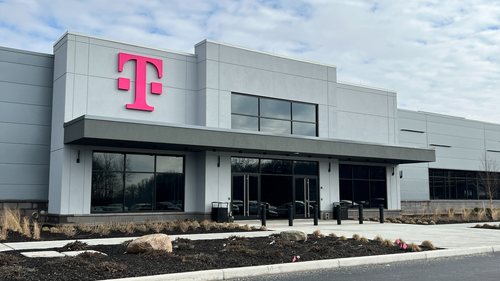


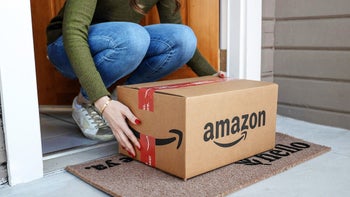
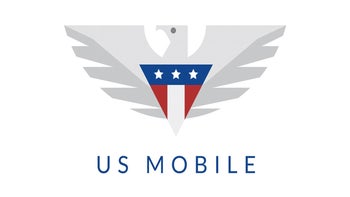
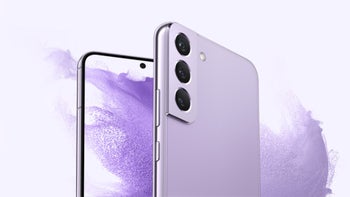
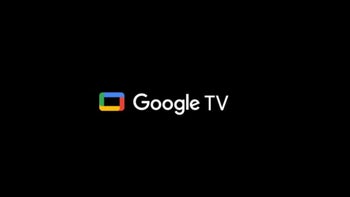
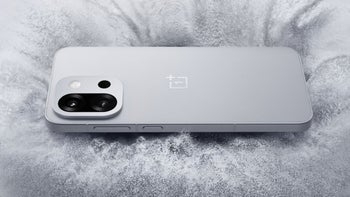
Things that are NOT allowed: